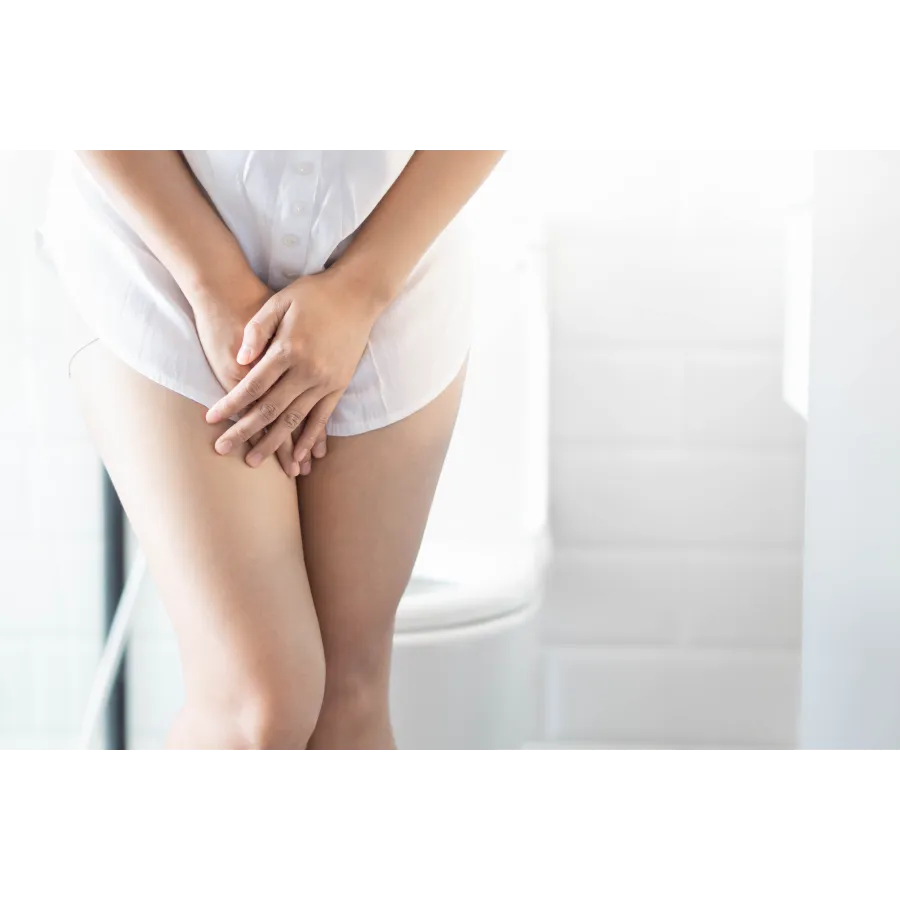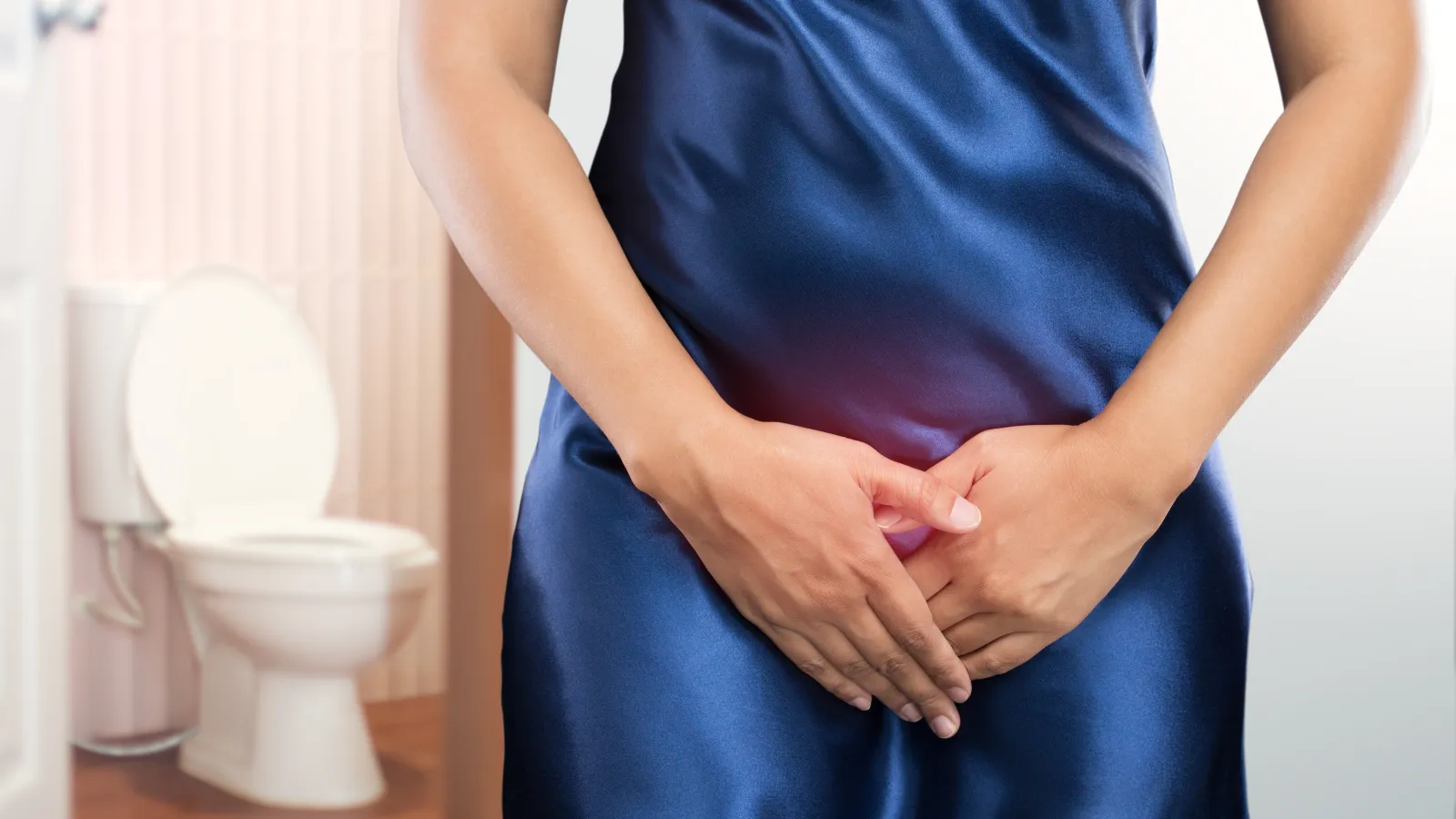Urinary Incontinence
How Advanced
Gynecology Can Help
Treatment Options for Urinary Incontinence
Our board-certified team of women's health experts are ready to help with diagnostic care and a range of options for diagnosis and treatment, ranging from pain management solutions to surgical procedures to hormone therapy to a minimally invasive laparoscopic procedure. We will counsel you and the best options for you and your health.

Health Conditions That May Cause Urine Leakage
- Pregnancy — hormonal changes and increased weight of the fetus can lead to stress incontinence
- Obesity — unhealthy weight can put pressure on the bladder leading to involuntary leakage of urine
- Urinary tract infection — infections can irritate the bladder, causing strong urges to urinate
- Constipation — this condition causes the nerves in your bladder to be overactive and increase urinary frequency
- Changes with age — aging of the bladder can decrease its capacity to store urine
- Childbirth — vaginal delivery can weaken muscles needed for bladder control
- Menopause — estrogen is a hormone that helps keep the lining of the bladder and urethra healthy and this hormone drops during menopause
- Hysterectomy — any surgery involving the reproductive system may damage the pelvic floor muscles, which can lead to incontinence
- Obstruction — a tumor along the urinary tract can block the normal flow of urine
Schedule Online
Common Symptoms
- Urine leaks when you exert pressure on the bladder by coughing, sneezing, laughing, exercising, or lifting something heavy
- You have a sudden, intense urge to urinate following an involuntary loss of urine
- Painful urination
- Recurrent urinary tract infections
- Problems starting a urine stream
- Problems emptying the bladder completely
- Frequent and constant dribbling of urine

When to See a Doctor for Urinary Incontinence
If you are experiencing any of these symptoms, it is recommended you meet with your doctor or specialist to discuss your current health circumstances to determine which method will be best for you.

Related Health Conditions
Temporary urinary incontinence — certain drinks, food, and medications may act as diuretics that stimulate the bladder and increase your volume of urine. These include:
- Alcohol, caffeine, and carbonated drinks
- Artificial sweeteners
- Chocolate
- Chili peppers
- Foods high in spice, sugar, or acid
- Heart and blood pressure medications
- Sedatives and muscle relaxants
- Urge incontinence — leakage of urine due to an overactive bladder
- Stress incontinence — leakage of urine due to poor closure of the bladder
- Overflow incontinence — leakage of urine due to either poor bladder contraction or blockage of the urethra
- Functional incontinence — leakage of urine due to medications or health problems that make it difficult to get to the bathroom